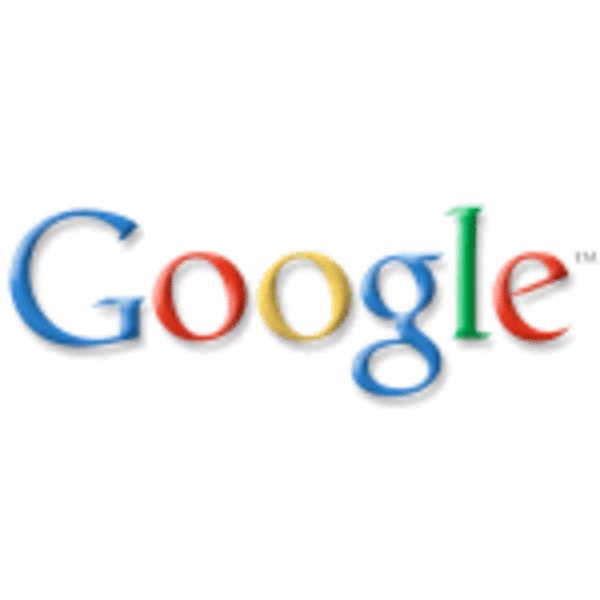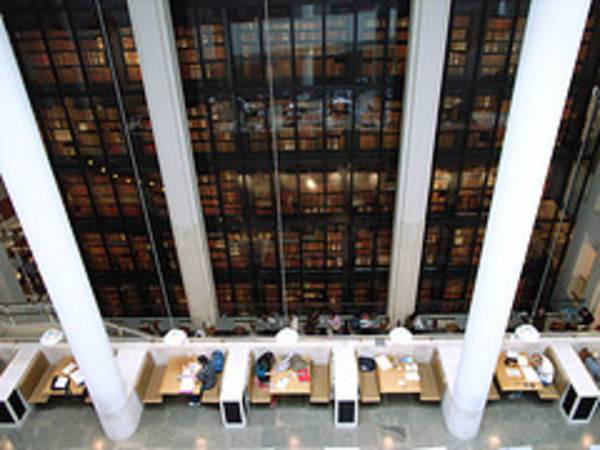One of my favorite places on earth, the British Library, and the world’s most popular search engine, Google, have struck a spectacular deal. The BL will allow the search and media company to scan and index 250,000 texts dating from between 1700 and 1870.

The two organizations will make the historical books, pamphlets and other periodicals available both on the library’s site and on Google Books.
Anyone will be able to bring up Google Books or the British Library site, read or even save, copies of these publications.

The project will take several years to complete and Google is to foot the bill for digitizing them, according to the BBC.
The pamphlets are particularly intriguing. They were the pre-electronic age’s equivalent of blogs: getting the word out, stirring up people, introducing radical ideas, arguing political stances and more. They give the reader a window into the time as it moved for those living there, as opposed to the more measured and mythopoeic vision of books.
In the first batch to be digitized, a pamphlet on Marie Antoinette, the 18th century queen of France who was executed in the French Revolution.
The amount accessible via this partnership is a mere drop in the library’s collection, which features 14 million books, almost a million periodicals and pamphlets, 58 million patents and three million sound recordings.
Chief Executive Dame Lynne Brindley, of the British Library, told the BBC that “the scheme was an extension of the ambition of the library’s predecessors in the 19th Century to provide access to knowledge to everyone,” making the Internet the modern “reading room.”
If you want to see the Sarajevo haggadah or a manuscript of Wilfred Owen‘s ‘Anthem for Doomed Youth,’ annotated by Siegfried Sassoon, however, you’ll still have to make the trip to Euston Road.
British Library photo by Steve Cadman | other sources: ResourceBlog

















